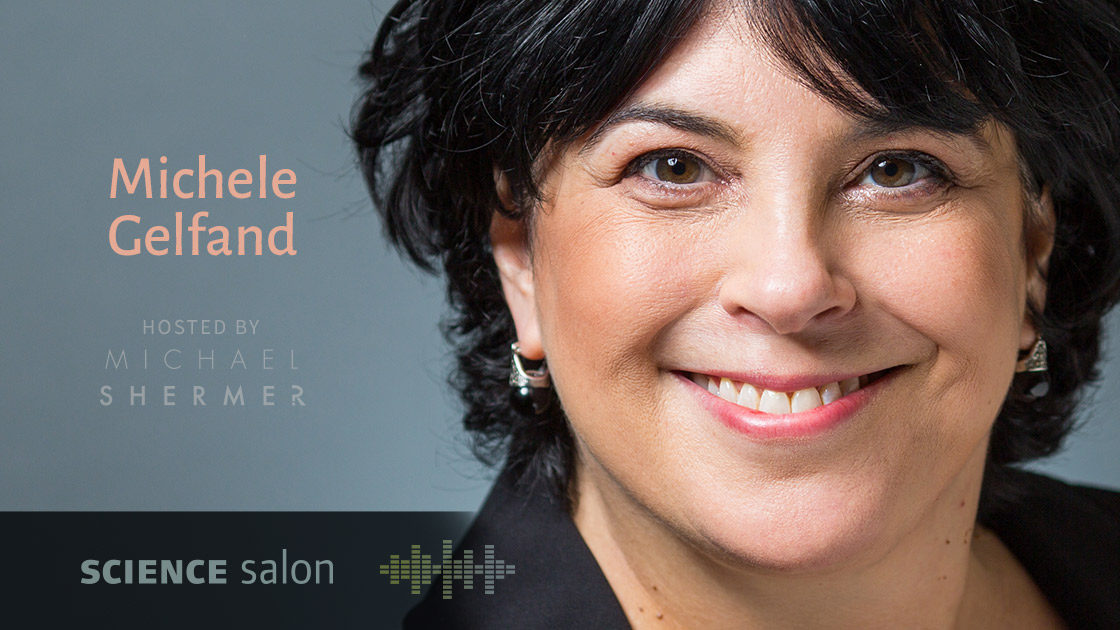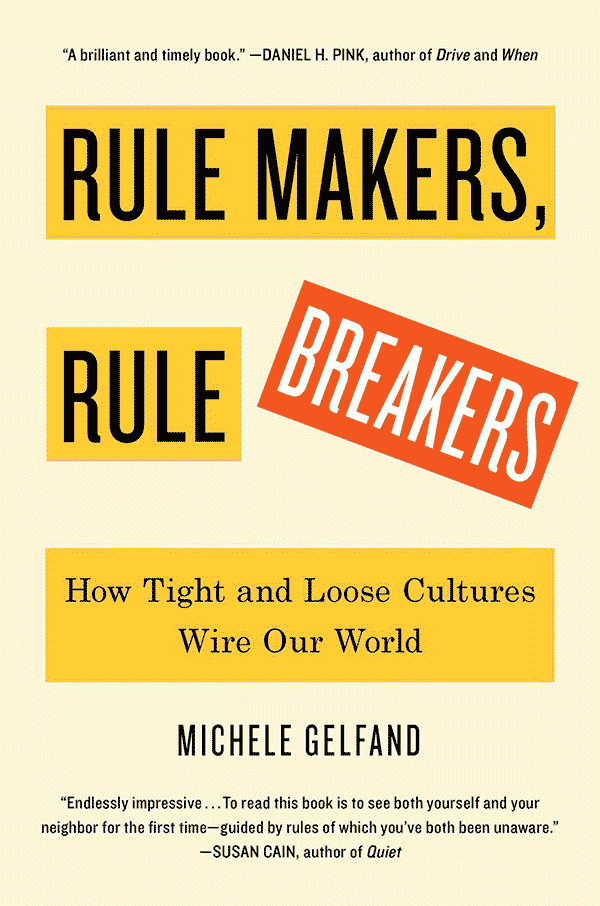In this wide-ranging conversation Dr. Shermer talks with the author of the new book, Rule Makers, Rule Breakers: How Tight and Loose Cultures Wire Our World, Dr. Michele Gelfand, Distinguished University Professor of Psychology at the University of Maryland, College Park. Her pioneering research into cultural norms has been cited thousands of times in the press, including the New York Times, Washington Post, Harvard Business Review, and Science, and on NPR. As a cultural psychologist, Dr. Gelfand takes us on an epic journey through human cultures, offering a startling new view of the world and ourselves. With a mix of brilliantly conceived studies and surprising on-the-ground discoveries, she shows that much of the diversity in the way we think and act derives from a key difference—how tightly or loosely we adhere to social norms.
Why are clocks in Germany so accurate while those in Brazil are frequently wrong? Why do New Zealand’s women have the highest number of sexual partners? Why are “Red” and “Blue” States really so divided? Why is the driver of a Jaguar more likely to run a red light than the driver of a plumber’s van? Why does one spouse prize running a “tight ship” while the other refuses to “sweat the small stuff?”
In search of a common answer, Gelfand has spent two decades conducting research in more than fifty countries. Across all age groups, family variations, social classes, businesses, states and nationalities, she’s identified a primal pattern that can trigger cooperation or conflict. Her fascinating conclusion: behavior is highly influenced by the perception of threat.
Dr. Shermer and Dr. Gelfand discuss these and other interesting topics:
- examples of tightness and looseness in everything from parenting to international politics
- the motivation of suicide terrorists
- globalization and why it has been so disruptive
- Trump and why he won
- how Liberals and Conservatives think
- why gum is not allowed in Singapore but guns are allowed in America
- lessons from Jack Nickolson’s speech in A Few Good Men
- George Lakoff’s theory of moral politics and how that relates to tightness-looseness
- Jonathan Haidt’s theory of moral foundations and how that relates to tightness-looseness
- Alan Fiske’s Relational Models theory and how that relates to tightness-looseness.
Listen to the podcast via Apple Podcasts, Spotify, Google Podcasts, Stitcher, iHeartRadio, and TuneIn.
This Science Salon was recorded on February 13, 2019.
You play a vital part in our commitment to promote science and reason. If you enjoy the Science Salon Podcast, please show your support by making a donation.
This episode was released on February 19, 2019.












